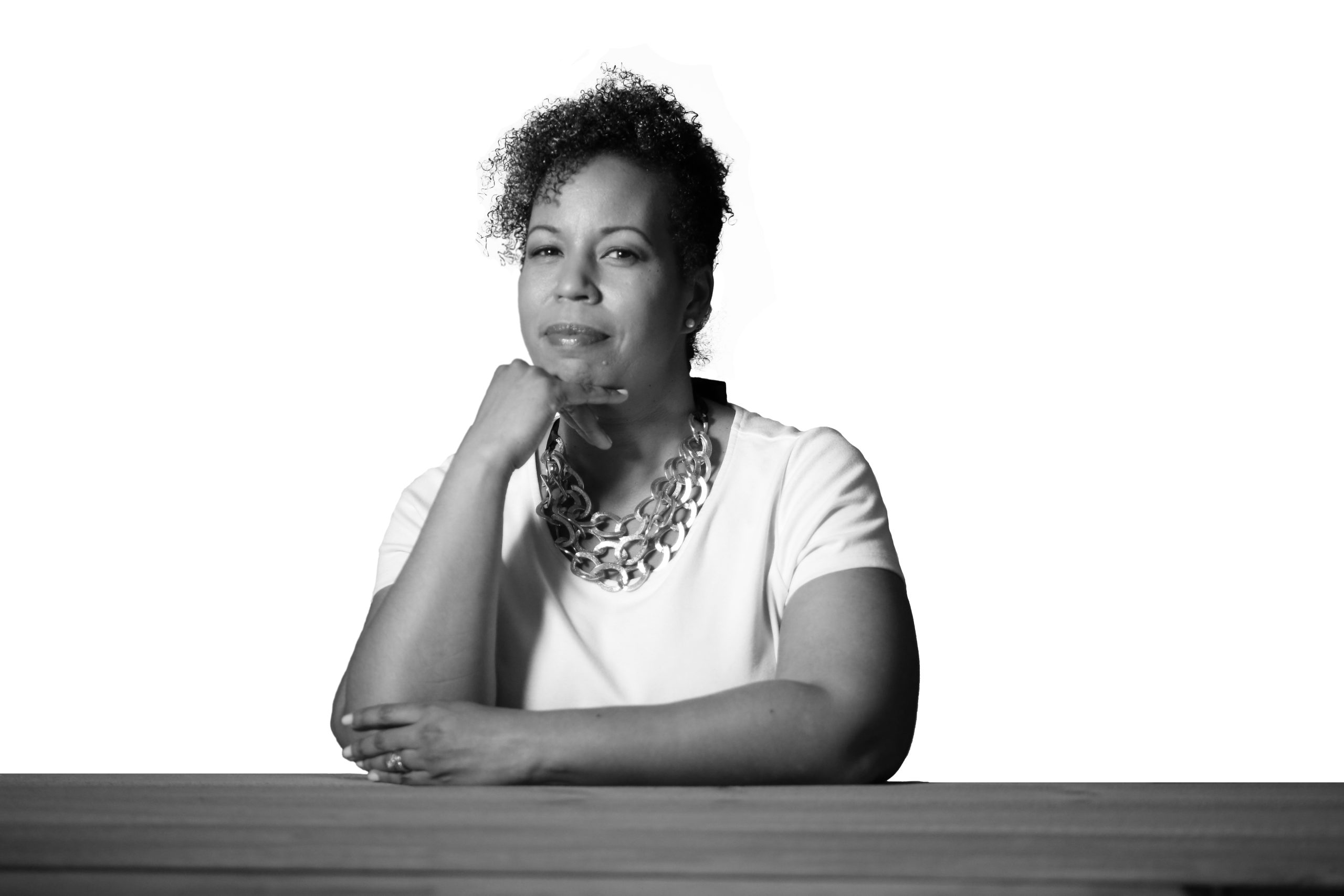
Kimberly Peeler-Allen
Kimberly Peeler-Allen has been working at the intersection of race, gender and politics for almost 20 years. Kimberly is the Co-founder of Higher Heights, a national organization building the political power and leadership of Black women from the voting booth to elected office. A highly skilled political fundraiser and event planner, Kimberly was the principal of Peeler-Allen Consulting, LLC from 2003 to 2014, the only African American full-time fundraising consulting firm in New York State.
After completing the 2002 gubernatorial campaign of H. Carl McCall where she served as the deputy finance director, Kimberly founded her New York City-based consulting firm to help develop capital for clients, organizations, and issues affecting people of color that have historically been kept outside of the mainstream.
Kimberly served as finance director for Letitia James’ successful bid to become Public Advocate of the City of New York and the first African American woman elected citywide in New York’s history. In 2010, Kimberly was named to the Crain’s New York Business 40 Under 40 list as well as named one of The Feminist Press’ 40 Under 40: The Future of Feminism.
Project Description
#BlackWomenVote is a nonpartisan voter-activism campaign powered by Higher Heights that will provide Black women with the resources and support to mobilize their networks to the voting booth and foster conversations to discuss how we can make sure that the impact and influence of Black women is recognized on Election Day. We believe that convening in-person conversations will provide deeper engagement over multiple election cycles and increase the civic participation of participation beyond Election Day.
By providing unique spaces for Black women to discuss the challenges and opportunities to increase their own civic participation and the participation of their network we will help support sustained growth and participation in the electorate which creates a stronger democracy. In doing so, we can refine the guided conversation and add additional engagement methods to ensure that Black women’s civic participation expands beyond voting in presidential year elections only, to contacting their legislators at all levels of government about the issues and priorities that are important to them.
